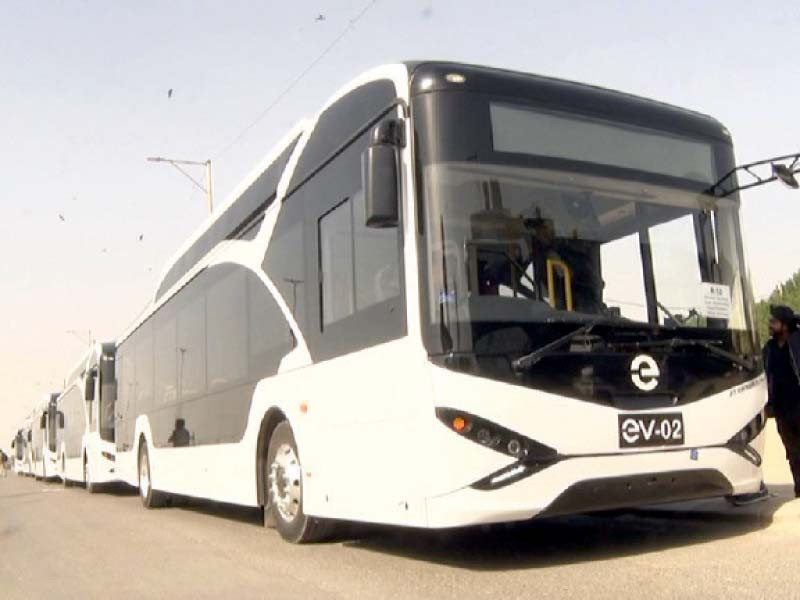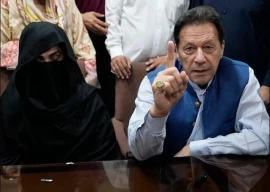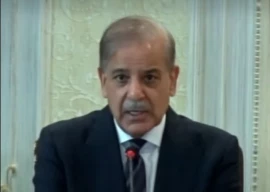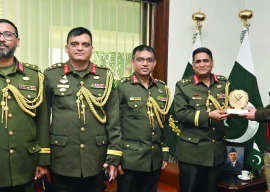
During a four-and-a-half-hour meeting, the Sindh cabinet, chaired by Chief Minister Syed Murad Ali Shah, made several significant decisions, including the recruitment of 195 teachers, the creation of 700 more teachers' positions, the approval of amendments to the education board laws, and the operation of 100 electric buses in the city on a rent-to-own basis.
The cabinet also urged the federal government to initiate Flood Protection Plan IV on a 50:50 cost-sharing basis. Additionally, the Chief Minister directed the education department to develop a Transgender Education Policy and granted a tax exemption on Sindh Revenue Board (SRB) fees for K-IV procurement.
The meeting took place at CM House and was attended by provincial ministers, advisors, special assistants, Chief Secretary Asif Hyder Shah, PSCM Agha Wasif, and other relevant secretaries.
Recruitment of teachers
The provincial cabinet was informed that to enhance the quality and standard of education, the Teaching License Policy was approved in 2023. Sindh is the first province in the country to introduce this policy.
Following the Teaching License Policy, a test was conducted in March 2024 through the third-party Sukkur IBA, in which both pre-service (fresh candidates) and in-service teachers participated. A rigorous assessment was carried out, with a total of 4,000 candidates appearing for the test. Only 646 candidates (195 fresh candidates and 451 in-service teachers) qualified by achieving high standards of 50 or more marks in both content and pedagogy sections.
The cabinet was informed that 700 new posts of Elementary School Teachers (EST) at BS-16 were created specifically for in-service and pre-service candidates who hold teaching licenses. However, the finance department has only included 352 of these posts in the budget, leaving 348 posts yet to be reflected to accommodate all teaching license holders. The CM directed finance department to clear 348 posts.
Regarding the 195 fresh teaching license holders, the cabinet granted them a time exemption for the written test, referring them to the Sindh Public Service Commission (SPSC) for interviews for their appointments against the vacant EST (BPS-16) positions.
Amendments in Education Board laws
Amendments to the Sindh Boards of Intermediate and Secondary Education Bill -2024 and the Sindh Board of Intermediate and Secondary Education Ordinance 1972 were also discussed. The amendments include the inclusion of members from civil society, headmasters, and principal representatives on the board.
Under these amendments, the government will have the authority to remove any board member and will not allow any benefits, allowances, or concessions to individuals working there. The Chairman will hold office for a term of three years from the date of their appointment and will be eligible for reappointment for additional specified periods.
The Chairman will be appointed by the Controlling Authority through either a direct recruitment process or by transfer from among cadre officers of BPS-19/20, on terms and conditions determined by the authority.





1737115370-0/fizza-(51)1737115370-0-165x106.webp)


















COMMENTS
Comments are moderated and generally will be posted if they are on-topic and not abusive.
For more information, please see our Comments FAQ